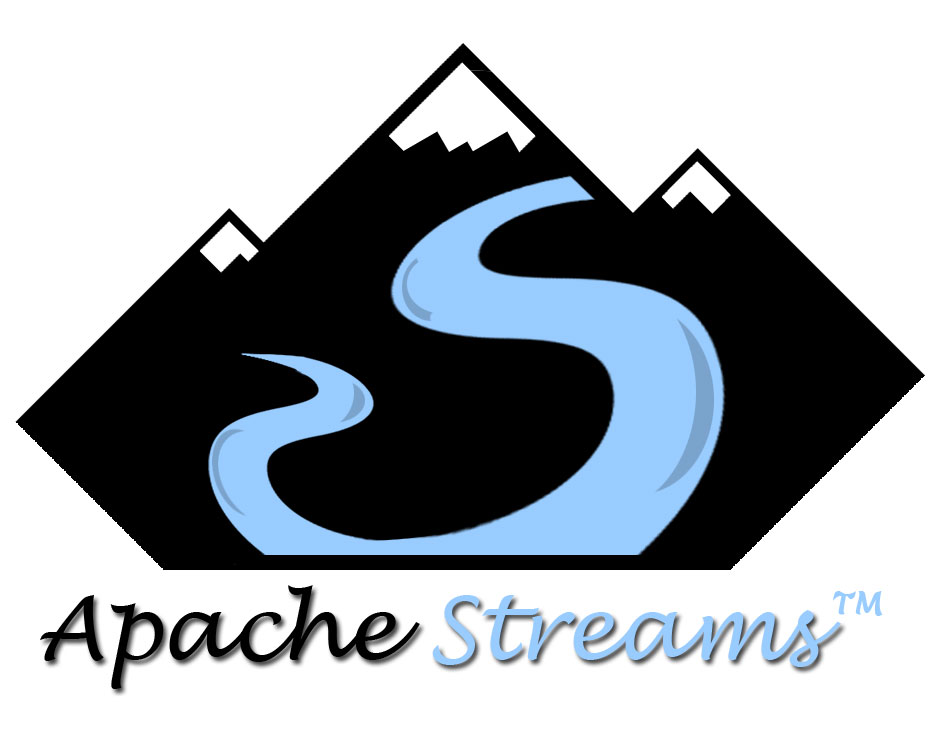Overview
Apache Streams (incubating) unifies a diverse world of digital profiles and online activities into common formats and vocabularies, and makes these datasets accessible across a variety of databases, devices, and platforms for streaming, browsing, search, sharing, and analytics use-cases.
How do I use Streams?
This repository contains officially maintained examples of how to compose and run streams in various contexts.
Getting Started
Please visit the project website for the latest information: http://streams.incubator.apache.org/
Along with the developer mailing list archive: https://lists.apache.org/list.html?dev@streams.apache.org
Building and running
To build from source code:
-
Requirements: Sources compilation require Java SE 8 or higher. Sources compilation require Apache Maven 3.3.9 or higher. You need to download and install Maven 3 from: http://maven.apache.org/
-
The Streams Examples project itself (this one) depends on the separate Streams project which contains the source code and poms for Apache Streams. As streams-project is already published to the Apache Releases repository, there is no need to check it out manually and build it locally yourself, unless you choose to checkout a SNAPSHOT branch.
- If so needed, incubator-streams can be checked out from: http://git-wip-us.apache.org/repos/asf/incubator-streams.git
- After check out, cd into incubator-streams and invoke maven to install it using:
mvn install
-
To build all of the Streams examples, invoke maven with:
mvn install
Integration Testing
Integration Testing will fail unless you have a working docker installation and valid twitter credentials in local conf files.
-
To run the full suite of integration tests, invoke maven with:
mvn -N -PdockerITs docker:start mvn clean verify -D mvn -N -PdockerITs docker:stop
-
To build and install a docker image containing a specific example, change to that example’s directory then:
mvn -Pdocker clean package docker:build
Disclaimer
Apache Streams is an effort undergoing incubation at The Apache Software Foundation (ASF) sponsored by the Apache Incubator PMC. Incubation is required of all newly accepted projects until a further review indicates that the infrastructure, communications, and decision making process have stabilized in a manner consistent with other successful ASF projects. While incubation status is not necessarily a reflection of the completeness or stability of the code, it does indicate that the project has yet to be fully endorsed by the ASF.


